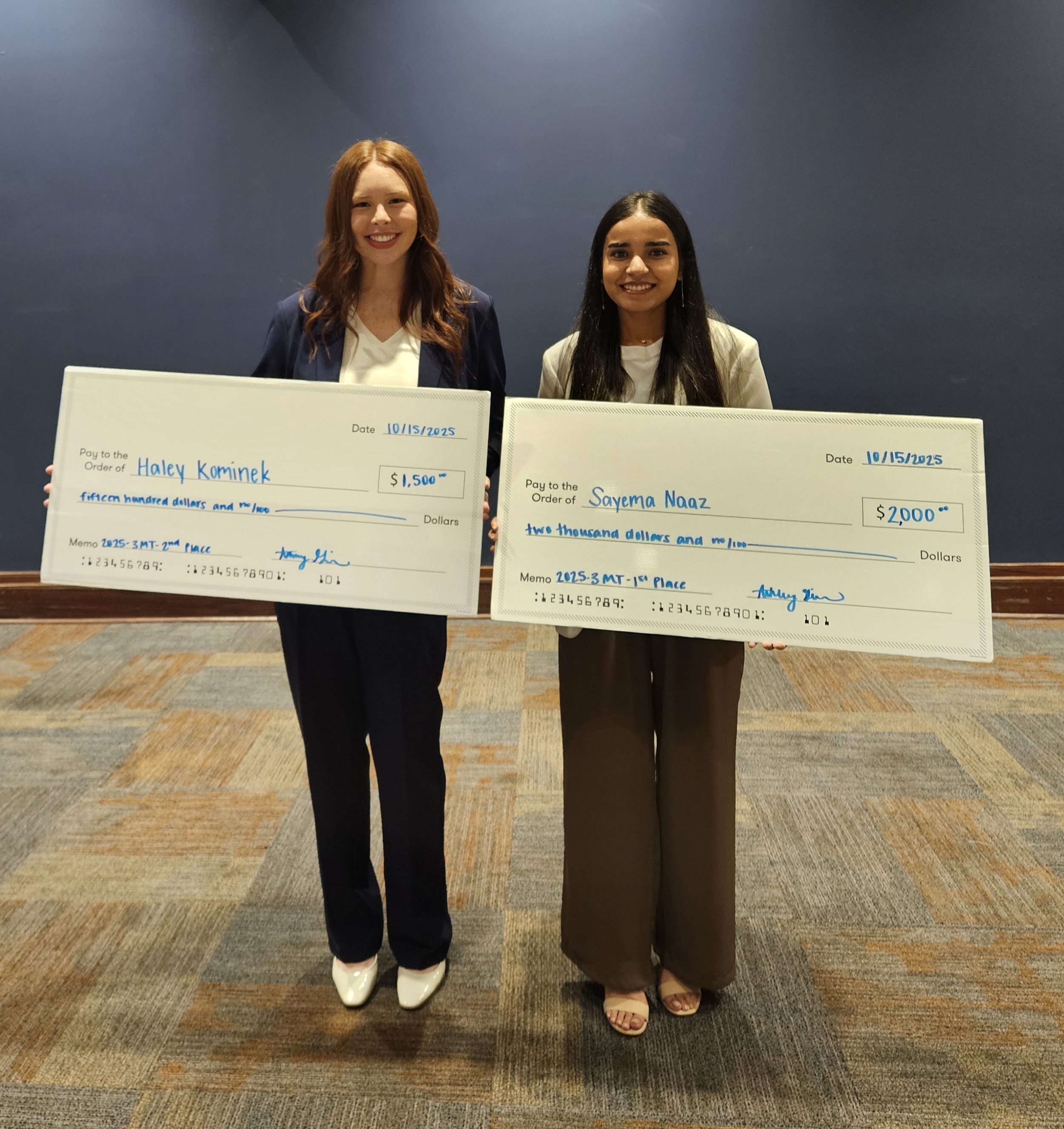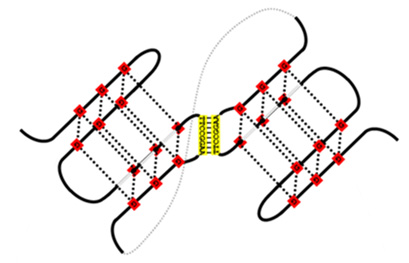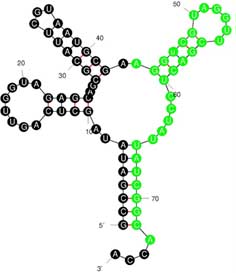Research in the Borchert laboratory explores the regulation of gene expression by noncoding RNAs and G4 DNA. Our main focuses are on microRNAs (miRNAs), microRNA-like sequences excised from other RNAs (e.g., tRNAs and snoRNAs), sRNAs (similarly functioning short noncoding RNAs in prokaryotes), and long noncoding RNAs. Our lab examines the roles noncoding RNAs and G4 structures play during growth and development, infectious disease, how their misregulations contribute to various diseases and oncogenesis, and also how they evolve and contribute to speciation.
Borchert Lab Video Spotlight
Borchert Lab addgene Resources
.zip file contains FragmentFinder and Merger executable applications








 The Borchert Laboratory has recently identified a novel, systems-level gene regulatory control for global prokaryotic transcriptome reprogramming advancing our basic knowledge of the molecular mechanisms driving microbial adaptation and environmental response. Based on this, the National Science Foundation has awarded the Borchert Laboratory a three year, $1M grant to better establish the mechanisms driving the decision between active stress resistance and persister formation by bacteria.
The Borchert Laboratory has recently identified a novel, systems-level gene regulatory control for global prokaryotic transcriptome reprogramming advancing our basic knowledge of the molecular mechanisms driving microbial adaptation and environmental response. Based on this, the National Science Foundation has awarded the Borchert Laboratory a three year, $1M grant to better establish the mechanisms driving the decision between active stress resistance and persister formation by bacteria. Recent work by the Borchert Laboratory suggests genes are regulated by G4:G4 interactions between enhancers and promoters. Based on this, the National Science Foundation has awarded the Borchert Laboratory a two year, $425,000 grant to better establish the role of G4 DNA structures in coordinating gene expressions.
Recent work by the Borchert Laboratory suggests genes are regulated by G4:G4 interactions between enhancers and promoters. Based on this, the National Science Foundation has awarded the Borchert Laboratory a two year, $425,000 grant to better establish the role of G4 DNA structures in coordinating gene expressions.




 Recent work by the Borchert Laboratory suggests tRNA fragments constitute an uncharacterized component of our innate antiviral defense. Based on this, the National Science Foundation has awarded the Borchert Laboratory a one year, $200,000 grant to better establish the role of tRNA fragments as innate antivirals and test the efficacy of their manipulation as a novel, broad-spectrum antiviral therapeutic for use in treating COVID-19 and other respiratory viruses.
Recent work by the Borchert Laboratory suggests tRNA fragments constitute an uncharacterized component of our innate antiviral defense. Based on this, the National Science Foundation has awarded the Borchert Laboratory a one year, $200,000 grant to better establish the role of tRNA fragments as innate antivirals and test the efficacy of their manipulation as a novel, broad-spectrum antiviral therapeutic for use in treating COVID-19 and other respiratory viruses.